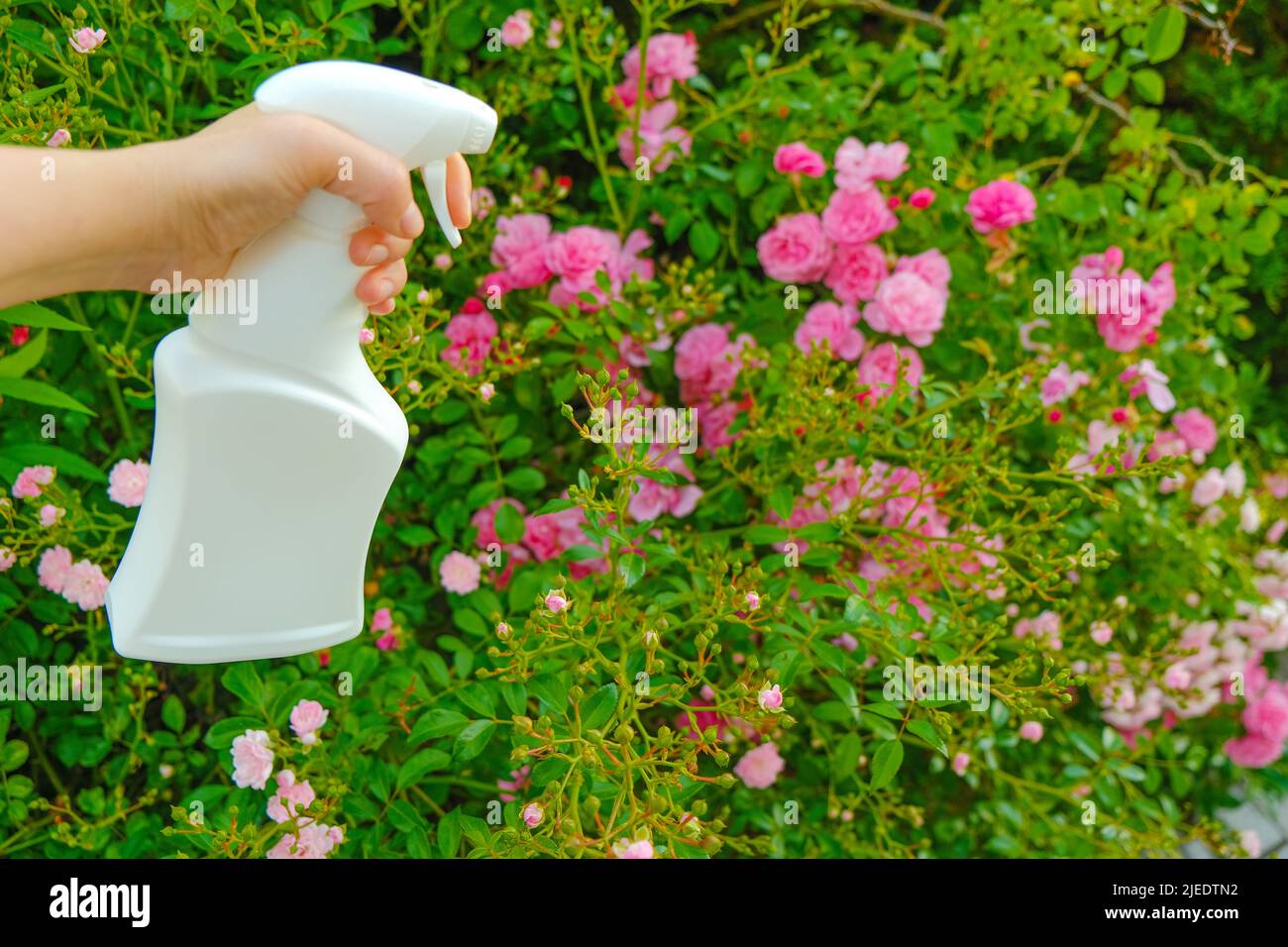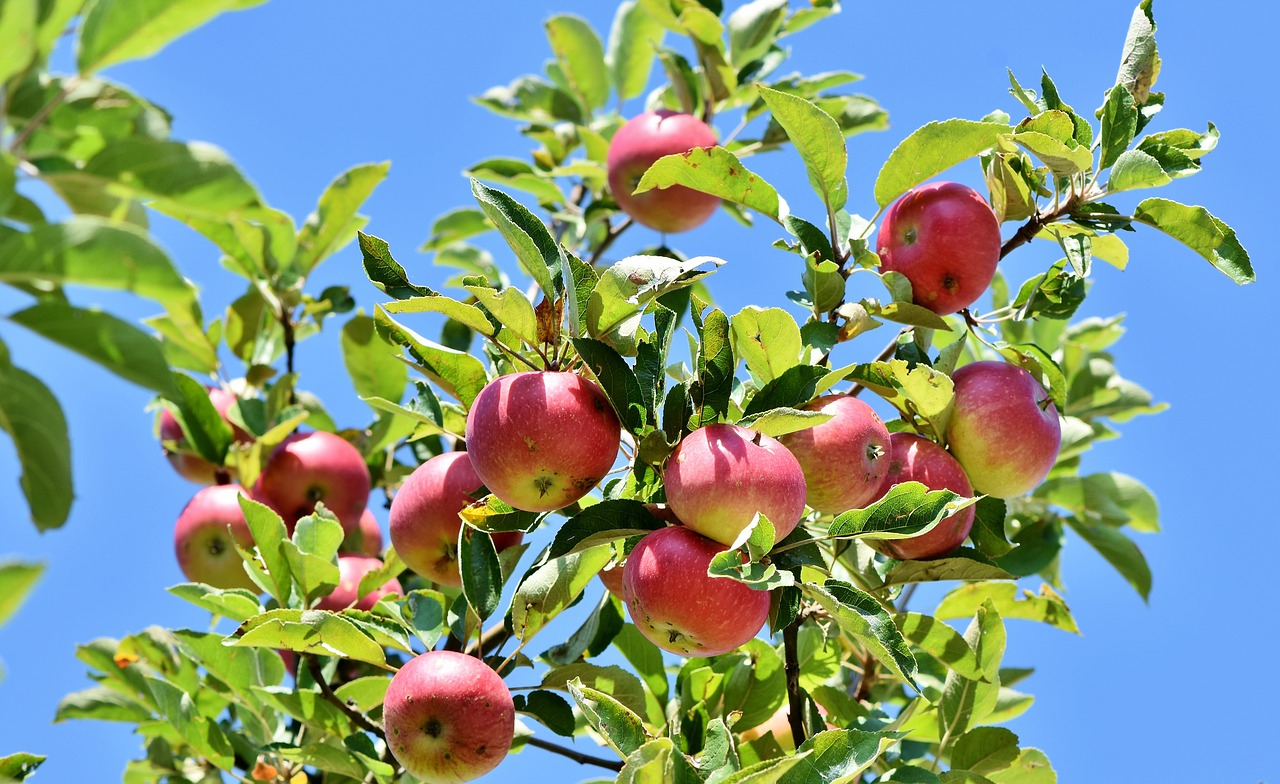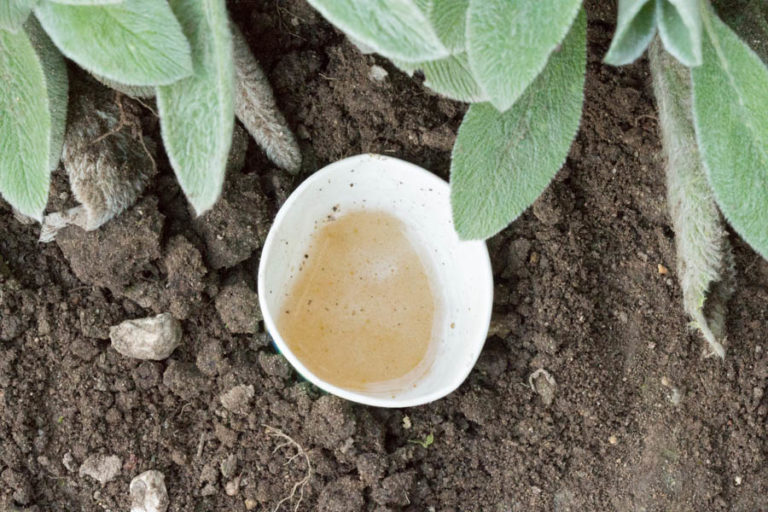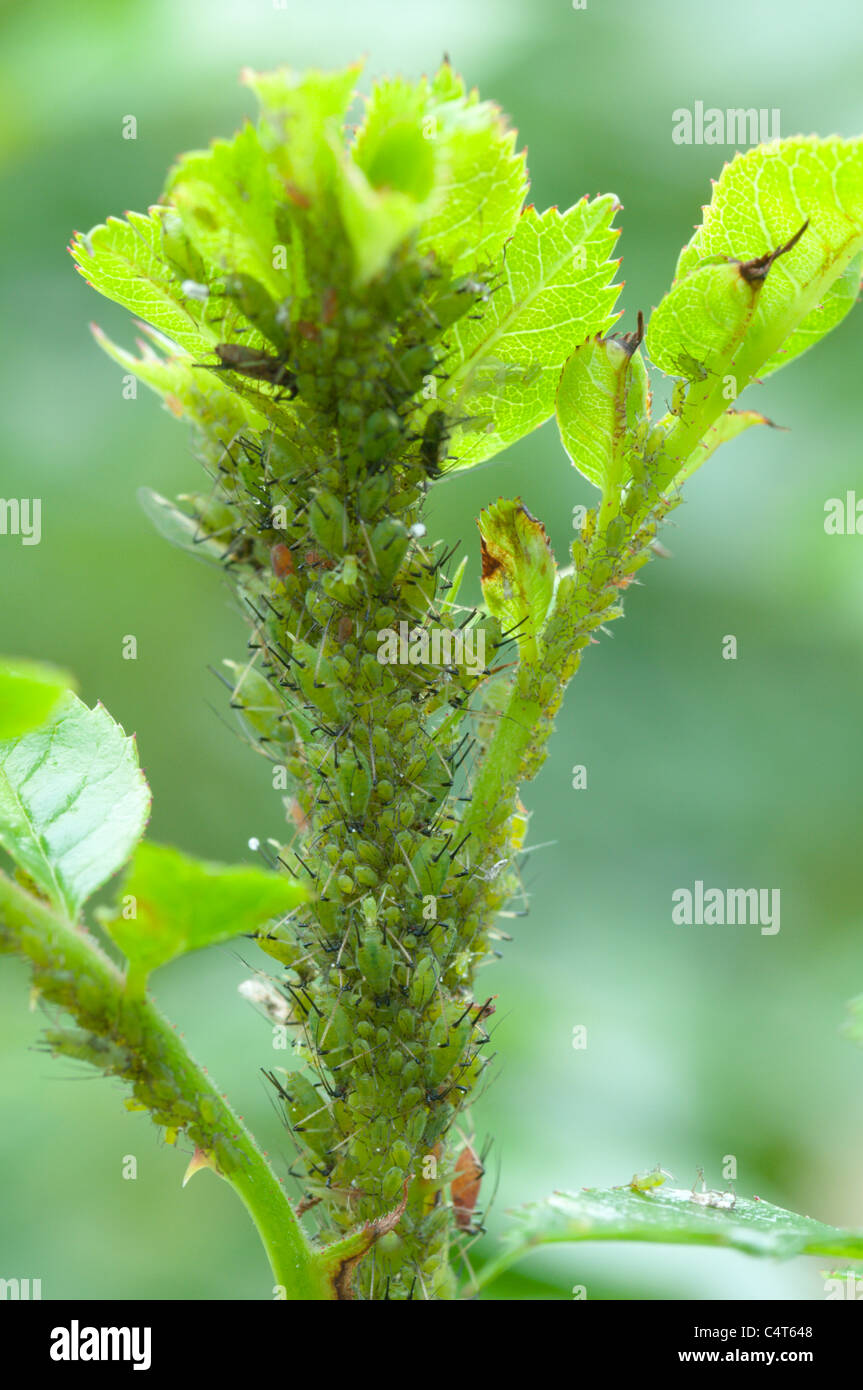Table of Content
Aphids are sap-sucking true bugs and are an important part of many food chains, supporting many predators.They range in size from 1 to 7mm (¼in or less) long. Some aphids are known as greenfly or blackfly, but there are species that are yellow, pink, white or mottled. Some feed on only one or two plant species, but others can be found on a wide range of plant hosts. Almost any plant can be a host, including ornamentals, vegetables, fruits, greenhouse plants and houseplants. Rose aphids spend their time on the undersides of leaves, so they are not always visible.
Then it is sprayed on the leaves of the plant with aphids with the help of a sprayer. As a gardener, you have to guide your plants from the reach of pests and diseases, especially aphids. We are certain that at the end of this article, you will be able to get your rose plant free from pests and diseases, especially aphids. These pests and diseases of your rose plant only exist to hamper the healthy growth of the rose plant and lead to the eventual death of the rose plant.
How to Get Rid of Ants in Your Home and Yard – A Basic Guide
In this technique, the active compounds in nettles, such as formic acid, are extracted from the leaves. The decoction can then be filtered through a small sieve to avoid clogging the spray bottle later on. Using a spray bottle, spray the undiluted decoction onto the affected regions. After a few hours, the insects no longer have an appetite for feeding and stop sucking.
It is always nonetheless advised to protect yourself and put on a respiratory mask along with safety goggles as and when you apply DE on the surface of plants in an outside environment. However, we recommend you to buy the ready-made product from the store at an affordable price. Liquid Dish SoapIt is such a simple home remedy fine for use on small issues. This treatment requires two materials only, water and dish soap that has no additives.
What is the fastest way to get rid of Rose aphids?
Aphids on Rose TreatmentIt is time to know how to get rid of aphids on roses. As we know, you may find a lot of suggestions about spraying or blasting the colony with water. If there are large numbers of aphids on roses, the plants can get weakened and the flowers get harmed. Incorporating aphid predators such as ladybugs and lacewings keeps aphids under control naturally, giving you more time to enjoy your roses. There are a few ways to attract beneficial insects to your rose garden.
Of all the rose plant species that exist, aphids love to attack the rugosa roses, china roses, prairie roses, and French roses. Aphids feed on young rose blossoms as well as matured leaves, leaving them looking all curly, drooping, and contorted. Aphids can stay on rose plants for as long as the rose plants stay standing and growing unless they are intentionally removed from the rose plants. Besides the natural solution you can make to deal with aphids on roses, there are also some chemical products you can choose to buy. Furthermore, the population would reach a peak in early summer.
When Do Aphids Start Attack Roses?
Their tiny bodies and coloration provide excellent camouflage and help them blend in very well on most rose buses. Oregano, garlic, and chives are three herbs that are effective in repelling aphids. Cayenne peppers are also known to successfully prevent critters and insects if you like peppers with some kick.

Be sure to spray the undersides of leaves and any nooks or crannies as well. Acephate – has systemic activity, thus it will move through the foliage of the plant and reach those aphids. Fertilome rose spray – this product contains diazinon and daconil to control both sucking and chewing insects. Merit® 75w – a higher initial cost option but very effective. Fill a glass bottle sprayer with water and add one drop of each essential oil. Do not apply essential oils directly to roses without diluting them first to prevent burning the plant.
RHS Garden Rosemoor Flower Show
A rose bush that has a black spot from stress and a sticky substance on the stems and rose leaves is a sign that aphids have invaded your garden. This sap, or honeydew, attracts dust to the plant called a sooty mold and resembles powdery mildew. A simple way to prevent aphid booms is to avoid over-fertilizing your bushes in the early spring. Another way to prevent aphids from infesting your roses is mixed cultivation. Why grow a simple rose bed when you can have plants of all kinds? Plants with essential oils, such as savory or lavender not only repel aphids, but also look amazing next to roses.

Organic pest control is essential for keeping aphid populations from destroying your roses. We’ll show you how to get rid of aphids in your garden with natural solutions and how to control aphids by using beneficial insects as natural predators. Aphids have soft bodies that contain openings called spiracles used for respiration, delivering oxygen to the insect's body tissue.
Another insect that appears in great numbers alongside aphids are ants. Their antennae are dark, and sometimes the bend in their back legs and their head can be dark in colour as well. The adults of most rose aphids range in size from barely 1/16” to just over 1/8”; in fact, the largest aphid species are typically only ¼” long.

As a result, ants shield aphids from predators and thus encourage them to consume more plant sap. Ants, in this way, facilitate an infestation of these small pests. We’ll show you how to spot an aphid infestation on roses, how to treat it effectively while minimizing damage to the environment, and how to avoid further infestation. The use of environmentally friendly approaches to reduce the aphid infestation on roses is a viable option in addition to the different home remedies now available.
The easiest way to handle these pests on roses is to be diligent from the beginning of the rose’s growing cycle and check your roses regularly. If you see any of the offending bugs you can just squash them with your fingers. Put on garden gloves and pull aphids off your roses by hand. They have soft bodies and crush easily while removing them.

The insects lose their appetite after a few hours and stop damaging the plant. In addition, the active ingredient interferes with the growth and development of the aphids, causing them to perish. What is more, the active ingredient of neem-based products spread throughout the plant, which is why even hidden aphids are affected by systematic treatment. Once you dilute the Neem oil, use a garden hose sprayer to mist your garden with the mixture in the early morning. Neem oil doesn’t have any harmful effects on beneficial insects, but it does help in repelling aphids, mosquitoes, and other pests. Like dishwashing soap, vinegar is lethal to all insects, whether they are the Japanese species of aphids you are trying to get rid of or the good bugs you need in your garden.



